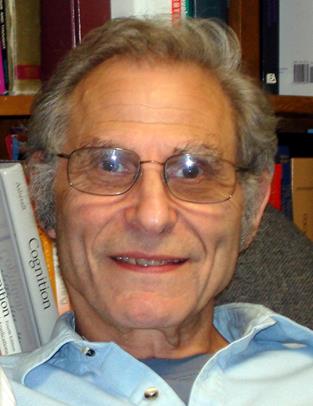Twelfth International Summer School on Mind, Brain and Education
2017 September 1–7
Neuroscience of poverty
Director of the School: Antonio M. Battro
Director of the Course: Sebastián J. Lipina
Codirectors of the Course: Eric Pakulak, María Soledad Segretin
Management Assistance of the Course: Matías Lopez-Rosenfeld
Program Officer of the School: Lula Majdalani
University of Oregon, USA
For more than fifty years Michael Posner has studied how mental operations, particularly those related to attention, are carried out by neural networks. He has used cognitive, imaging and genetic methods. In 1998 he was founding director of the Sackler Institute at Weill Medical College. He continues studies as Prof. Emeritus of Psychology at the University of Oregon and Adjunct Prof. at Weill Medical College. His current work examines the mechanisms of changes in white matter resulting from various forms of training. A mouse model is used to examine the general changes with learning and the reason for individual differences in changed connectivity.

Mechanisms of brain network and brain state training
We have distinguished between two forms of training that have implications for improving performance in specific tasks and in more general aspects of cognition. Network training involves practice on one or more specific cognitive task, while state training involves practice that changes a brain state. We have found that state training using meditation reduces stress, improves and attention, creativity and memory. While the distinction between network and state training is meaningful at the psychological level it may well be that both forms of training have mechanisms in common. One important mechanism for meditation training appears to depend on low frequency frontal rhythms that increase oligodendrocytes and may increase myelination. Studies of a wide range of network training show that similar mechanisms of white matter change, but different pathways are involved. The change in brain networks due to training appears similar but smaller when compared to developmental changes during childhood. The size of these changes may depend upon alleles of genes that affect the efficiency of methylation. We believe that understanding how individual networks are improved by training could help us explain when transfer might occur.
Literature to share
• Tang, Y.Y., & Posner, M.I. (2014). Training brain networks and states. Trends in Cognitive Sciences, 18, 345-350. doi:10.1016/j.tics.2014.04.002
• Weible, A.P, Piscopo, D.M., Rothbart, M.K., Posner, M.I., & Niell, C.M. (2017). Rhythmic brain stimulation reduces anxiety-related behavior in a mouse model based on meditation training. Proceedings of the National Academy of Sciences USA, 114, 2532-2537. doi:10.1073/pnas.1700756114















